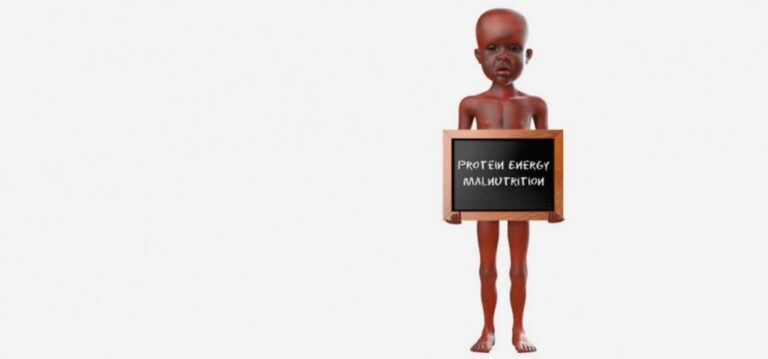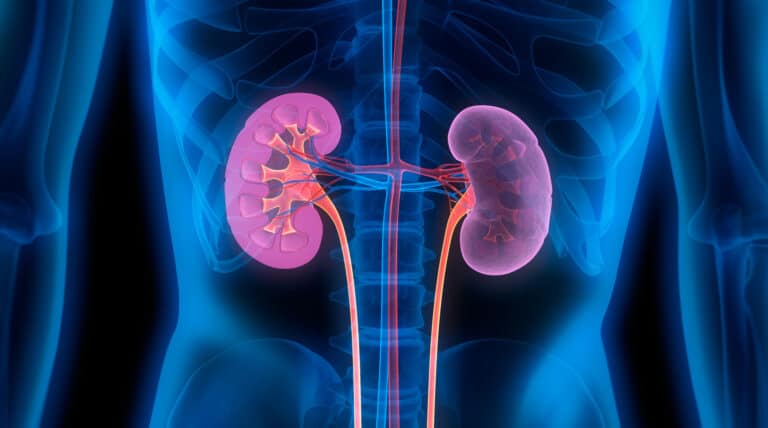Complete Nutritional Guide for People with Bladder Cancer

The Role of Nutrition in Bladder Cancer
Bladder cancer is a disease of the lower urinary tract, often associated with exposure to toxic substances (such as smoking or industrial solvents), as well as chronic inflammation and metabolic imbalances. While diet is not a direct cause, it has a major impact on disease progression, immune support, and treatment tolerance. Through a balanced diet, patients can support their body in fighting the disease, reduce inflammation, and help eliminate toxins through a functional renal and urinary system.
Nutritional Needs Based on Treatment and Symptoms
During chemotherapy, immunotherapy, or after surgery, patients may experience fatigue, bladder inflammation, loss of appetite, or burning during urination. Nutrition must be adapted to avoid irritating the urinary tract, support hydration, and provide quality energy and protein. Small, frequent meals with easily digestible foods rich in natural anti-inflammatory compounds are recommended.
Hydration – The Most Important Daily Practice
One of the most crucial aspects in bladder cancer is adequate fluid intake. At least 2 liters of still water per day are recommended to keep the urine diluted and help eliminate chemotherapy residues or dead cells. Mild herbal teas (such as chamomile, nettle, ginger), unsweetened compotes, clear soups, and water infused with cucumber or apple slices are also beneficial. Carbonated drinks, excessive coffee, strong black tea, and alcohol should be avoided.
NUTRITIONAL PLAN
Are you battling cancer and unsure what to eat? We can help with accurate, practical advice and a personalized diet tailored to your condition and preferences. Email us at clinica@diabet-si-nutritie.ro or purchase your plan directly HERE and we will get back to you.
Proteins – Essential for Recovery and Immunity
To preserve muscle mass and support cellular regeneration, a steady intake of easily digestible proteins is essential. Ideal sources include steamed lean or fatty fish, white meats (chicken, turkey), eggs, plain yogurt, cottage cheese, lentils, chickpeas, and tofu. When appetite is lacking, nutritional shakes or protein-enriched soups can be useful.
Healthy Fats – Gentle Energy for the Body
Healthy fats provide energy and have anti-inflammatory effects. Extra virgin olive oil, avocado, nuts, flax and chia seeds, as well as fatty fish (like salmon or mackerel), are excellent choices. Saturated fats (like cream or excessive butter), fried foods, and margarine should be avoided. It’s best to consume fats raw or at low temperatures, paired with vegetables.
Carbohydrates – Slow-Absorbing and High-Quality
Carbohydrates are the main energy source, but must be chosen carefully to maintain stable blood sugar levels and prevent inflammation. Oats, brown rice, sweet potatoes, quinoa, buckwheat, and root vegetables are suitable options. Sugar, white flour, pastries, and concentrated sweets should be avoided, as they impair immune response and increase the risk of metabolic complications.
Vegetables and Fruits – Antioxidants for Cell Protection
A plant-based diet helps reduce oxidative stress and protect the bladder lining. Recommended vegetables include well-tolerated boiled or raw varieties: zucchini, carrots, beets, pumpkin, spinach, lettuce, parsley. Fruits such as apples, pears, blueberries, plums, berries, and pomegranate are excellent sources of vitamin C and flavonoids. In cases of urinary sensitivity, citrus fruits, tomatoes, and acidic fruits should be reduced or temporarily avoided.
Fiber and Digestive Balance
Fiber is essential for preventing constipation, especially during opioid treatment or chemotherapy. A healthy intestinal transit also helps eliminate waste products from the body. Recommended sources include oat bran, cooked vegetables, baked fruits, and soaked seeds. In cases of diarrhea, insoluble fiber (such as wheat bran or raw vegetables) should be reduced temporarily.
Micronutrients That Support Detoxification and Immunity
Vitamin D, selenium, zinc, and B-complex vitamins support white blood cell production, tissue repair, and protection of healthy cells. Eggs, fish, pumpkin seeds, nuts, leafy green vegetables, and whole grains are excellent natural sources. Periodic lab tests are necessary to detect potential deficiencies.
Foods to Avoid
To protect the bladder and reduce inflammation, patients should avoid irritating foods: excessive coffee, alcohol, carbonated drinks, chocolate, spicy condiments, cold cuts, smoked products, ultra-processed foods, refined sugar, fried foods, and aged cheeses. These can worsen bladder irritation and interfere with treatment.
Sample Balanced Daily Menu
Breakfast: oatmeal with plant-based milk, ripe banana, and chia seeds
Snack: baked apple with one tablespoon of almond butter
Lunch: pumpkin cream soup, salmon fillet with carrot purée, green salad with olive oil
Snack: plain Greek yogurt with pumpkin seeds
Dinner: clear vegetable soup, mashed avocado with toasted whole grain bread
Before bed: chamomile or nettle tea and a few soaked walnuts
Balanced Lifestyle and Emotional Support
In addition to nutrition, bladder cancer patients benefit from adequate rest, light daily movement (walking, stretching, breathing exercises), stress management, and psychological support when needed. A calm attitude and connection with one’s own body rhythm support treatment response.
NUTRITIONAL PLAN
Are you battling cancer and unsure what to eat? We can help with accurate, practical advice and a personalized diet tailored to your condition and preferences. Email us at clinica@diabet-si-nutritie.ro or purchase your plan directly HERE and we will get back to you.
Conclusion
Each meal can become a source of strength and healing. With nourishing, gentle, and adapted choices, patients can actively support their treatment, reduce inflammation, and strengthen their immunity—step by step—with confidence and self-care.
Follow us on:
- FaceBook: Diabetes & Nutrition;
- YouTube: Diabetes Facts.
















